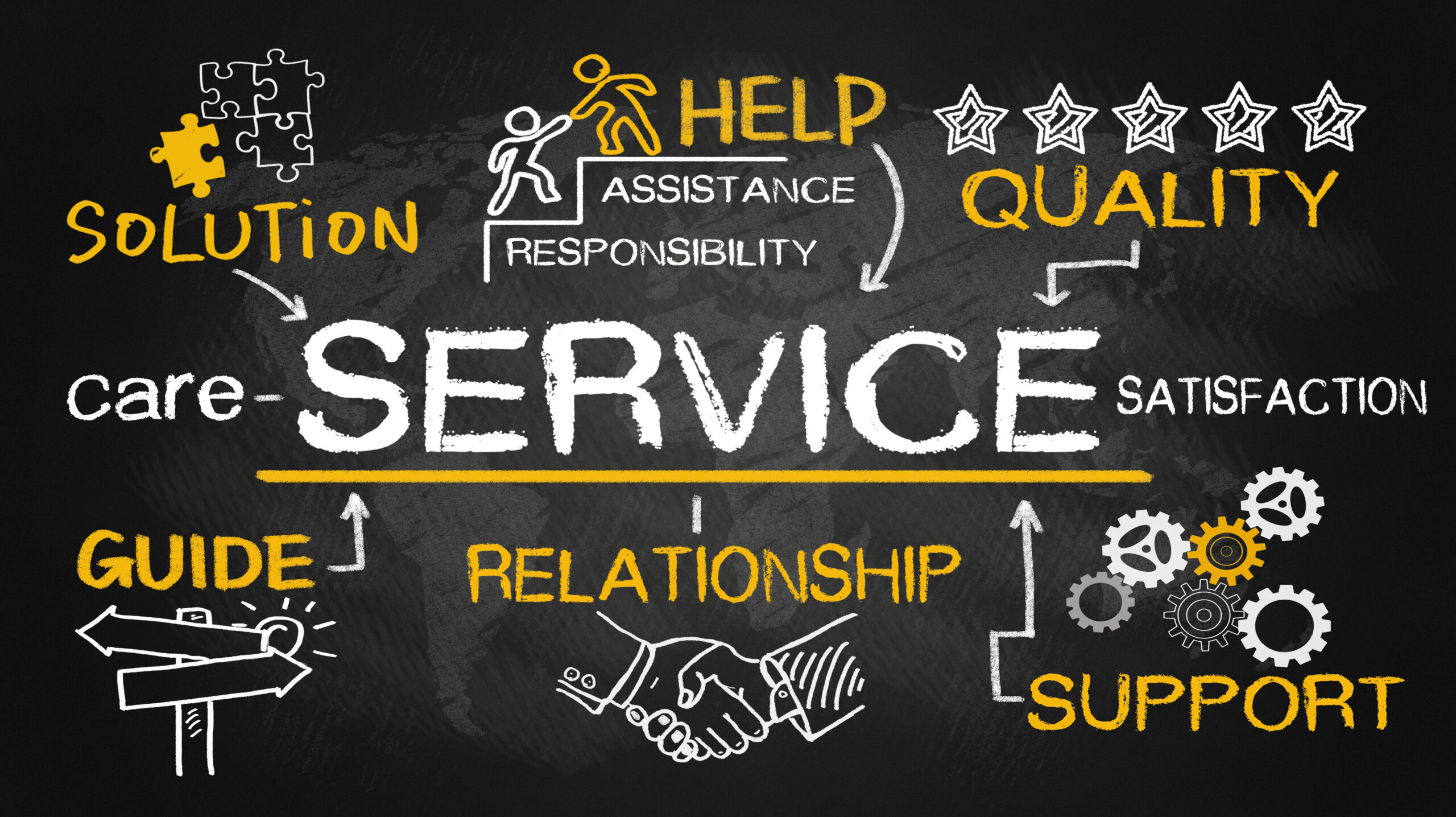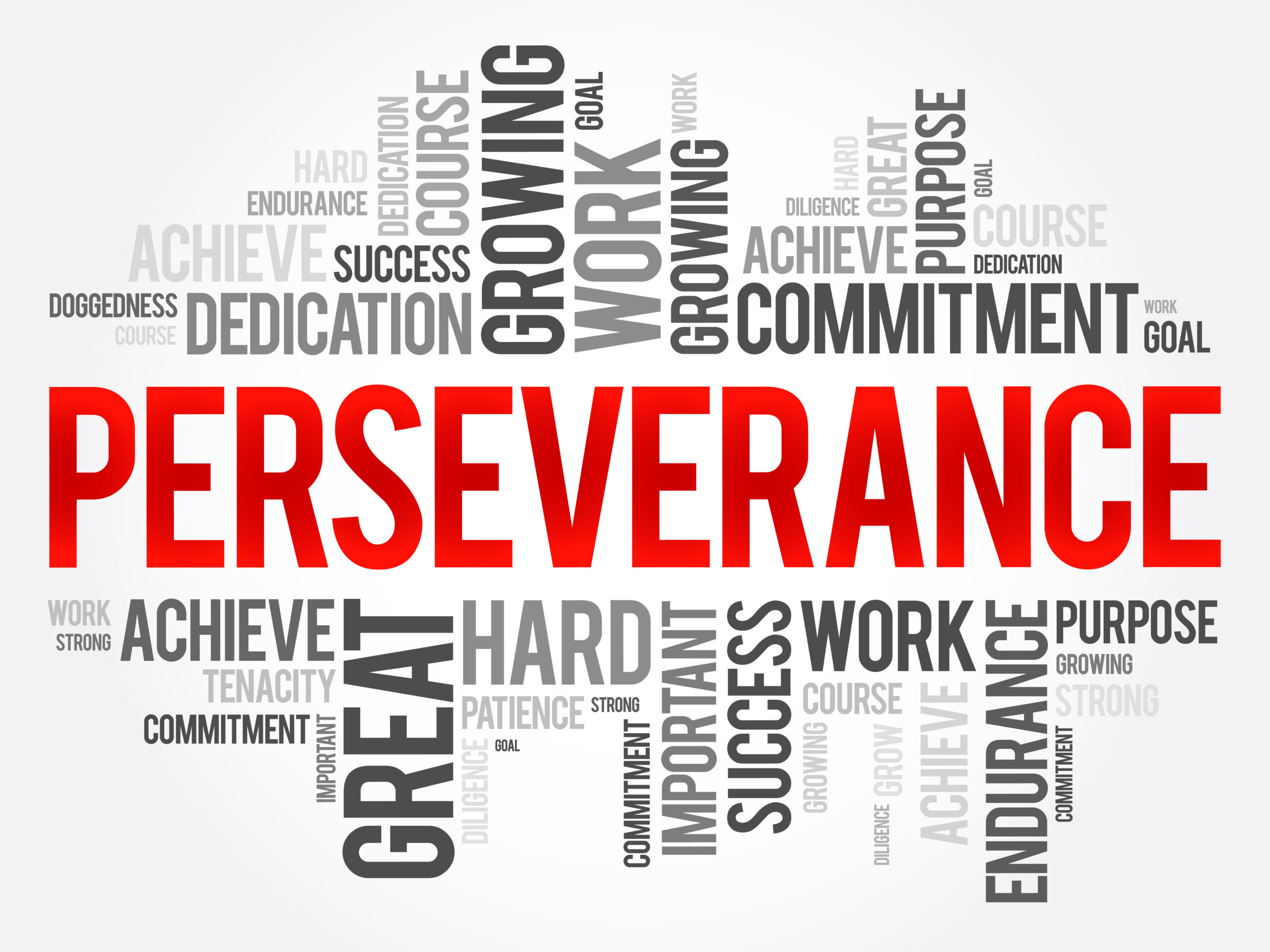
Effective listening skills
Effective listening skills are crucial for any consultant looking to provide exceptional service and build a successful practice. When consultants actively listen to their clients, they can better understand their needs and tailor their services to meet those needs. This blog post will explore how effective listening skills help with consultative selling.
1. Build Rapport
Building rapport with the client is the first step in any successful consulting engagement. When a consultant actively listens to their client, they can build rapport by showing genuine interest in what the client says. Active listening includes asking open-ended questions and following up on the client’s responses. By doing so, the consultant can build a relationship with the client, increasing their chances of being hired for future projects.
2. Identify Needs
One of the most critical components of effective listening is identifying the client’s needs. When a consultant listens actively, they can pick up on the client’s pain points and offer solutions to those problems. Understanding the client’s needs can help the consultant position their services as the solution. This can lead to a more targeted consulting engagement and a higher chance of delivering value to the client.
3. Overcome Objections
Every consulting engagement will have complaints from the client, and effective listening skills can help overcome those objections. When a consultant actively listens to the client’s complaints, they can address them directly and offer solutions to alleviate any client’s concerns. The consultant can build trust with the client and increase their chances of delivering successful outcomes.
4. Improve Client Experience
Active listening doesn’t stop after the consulting engagement is completed. When consultants listen to their clients, they can gather feedback and use it to improve their services. Client feedback can also help consultants identify new opportunities for delivering value. By actively listening to their clients, consultants can create a better overall experience and increase client loyalty.
In conclusion, effective listening skills are crucial for any consultant looking to provide exceptional service and build a successful practice. By actively listening to clients, consultants can build rapport, identify needs, overcome objections, and improve the client experience. If you’re a consultant looking to strengthen your skills, focusing on active listening is an excellent place to start.







 One of the 44 executives I interviewed for the book, Laura Wernick, AIA of HMFH Architects in Boston, shared her experience building confidence as a seller-doer.
One of the 44 executives I interviewed for the book, Laura Wernick, AIA of HMFH Architects in Boston, shared her experience building confidence as a seller-doer. 



